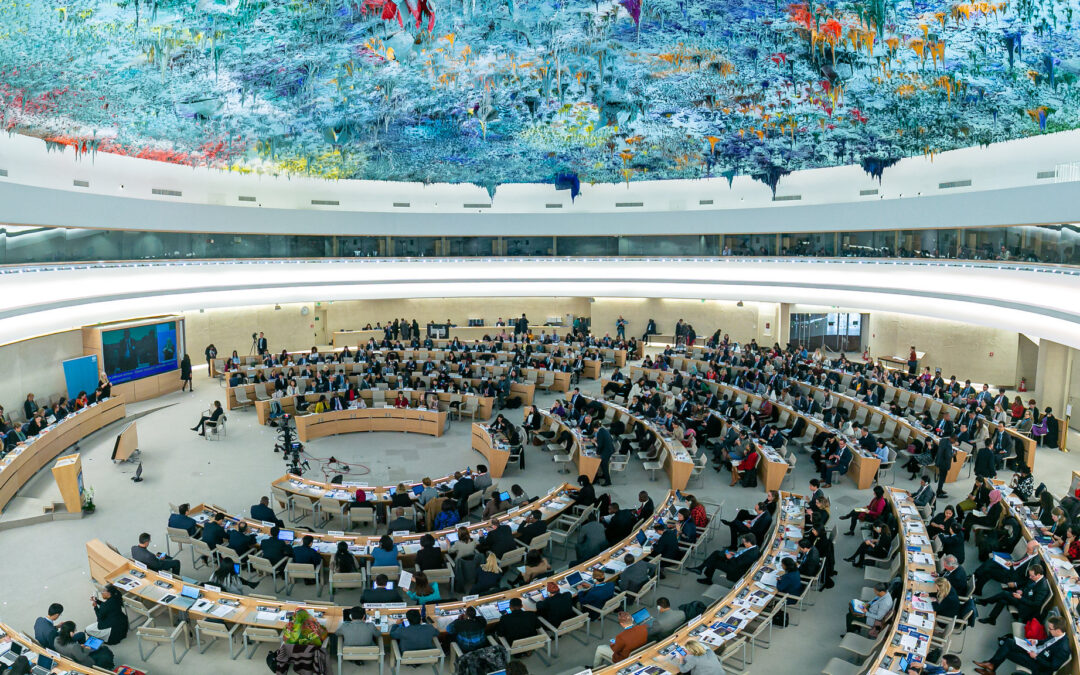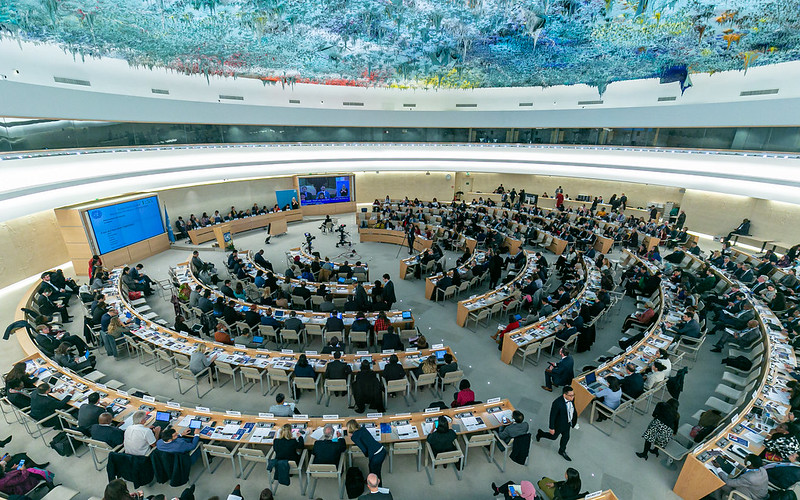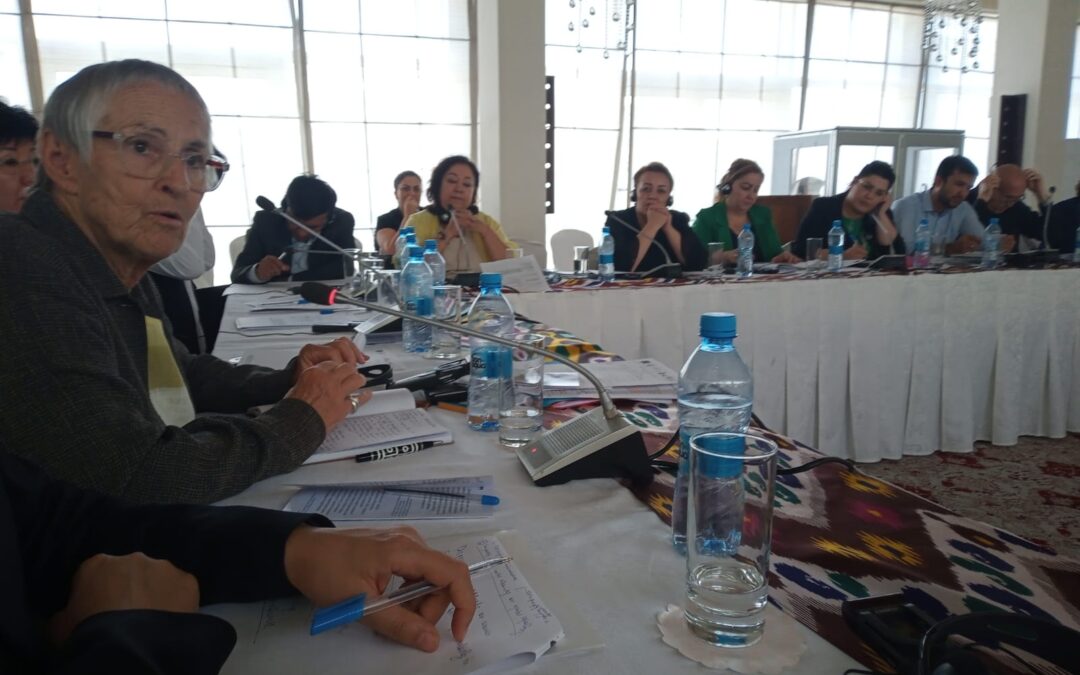


HRC58: The UN Human Rights Council ends a six-week intense session in perilous times for multilateralism
On Friday last week, the 58th session of the main UN human rights body, the Human Rights Council (HRC), came to an end after six weeks of intense work, from 24 February to 4 April 2025. This intensity illustrates the importance of the HRC’s work, including in...
HRC58: ICJ statement on persons with albinism during Interactive Dialogue with the Independent Expert
United Nations Human Rights Council 58th Regular Session ID – IE Albinism Item 3 Oral Statement of the International Commission of Jurists (ICJ) in the Interactive Dialogue with the Independent Expert on Albinism Mr. President, On behalf of the ICJ and the Africa...
Access to justice for survivors of gender-based violence: a word with ICJ Commissioner Patricia Schulz
From 16 to 19 September 2024, the International Commission of Jurists (ICJ) conducted a mission to Tajikistan, focusing on improving access to justice for women survivors of gender-based violence (hereafter GBV). The mission was organized in collaboration with the...
Lesotho: ICJ makes a submission to the Universal Periodic Review
On 11 October 2024, the International Commission of Jurists (ICJ) made a submission to the UN Human Rights Council’s Working Group on the Universal Periodic Review (UPR) in advance of its consideration of Lesotho’s human rights record during the 49th session of the UPR in April and May 2025.




